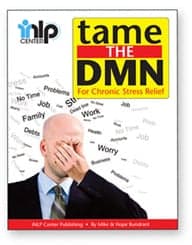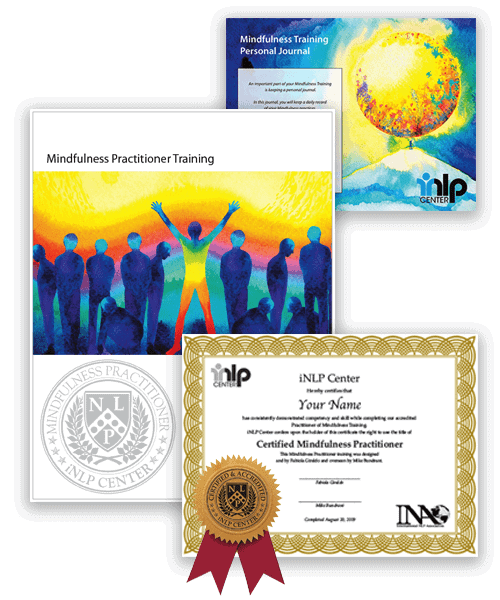Try Practicing Mindfulness for Chronic Pain
The good news about mindfulness for chronic pain never seems to end.
Scientists have now found out that it is a good way to reduce chronic pain.
Mindfulness is an ancient practice originating in the philosophical traditions of Hinduism and spreading across much of East Asia under the banner of Buddhism.
There are many ways to practice mindfulness, but it all boils down to being able to remain consciously aware.
It is this simplicity of the act (a most natural act if you think about it) that leads to the paradoxical difficulty in achieving a constant state of mindfulness. More than just an esoteric practice for Westerners to furrow their brows at, mindfulness is being taken seriously among scientists. This is because study after study is proving the great benefits promised by the ancient sages to be true.
Two approaches, mindfulness-based stress reduction or MBSR and cognitive-behavioral therapy or CBT, were employed in an effort to alleviate back pain. The study followed 302 patients over the course of a year.
Each patient was only told to use one of the two aforementioned approaches. Each of the groups met at approach specific workshops every week for eight weeks. These patients were also given ample resources to use their perspective practices at home.
Mindfulness for Chronic Pain: The results were clear.
Both strategies were able to mitigate the feeling of chronic pain in the lower back. But the mindfulness-based stress reduction group experienced relief from pain that lasted much longer than the cognitive-behavioral therapy patients.
In the cognitive-behavioral therapy group, the results ceased to be gainful for patients after 26 six weeks. In the mindfulness-based stress reduction group, however, the results did not cease being gainful even after 52 weeks (or the full length of the study and beyond).
This mindfulness research study was funded by a branch of the National Institute of Health. The agency and the field of medicine, in general, is coming to understand the vital importance of seeking solutions that do not require medication methods for successfully treating pain.
From the rising addiction to opioids to the ever-growing list of side effects from engineered drugs, medication is coming at a greater and greater negative cost. This is particularly true for pain medicine.
It is this pressure that has forced the scientific establishment to investigate ideas and practices that they had previously scoffed and bypassed in search of greener pastures.
Helpful Mindfulness Programs
Tame the DMN
A great program we’ve created here at the iNLP Center is our Tame the DMN personal development program. It actually turns off the default mode network in your brain, allowing you to stop thinking about everyday problems and worries. We’ve found this essential in breaking the habit of focusing on your chronic pain.
The Tame the DMN stress management program pinpoints the specific brain network responsible for generating the sea of spinning thoughts, mind chatter, and chronic emotional grind that defines high-stress living. And it is NOT your primitive brain. Learning to deactivate this brain network will automatically relieve your chronic stress and change your life forever.
Mindfulness Practitioner Training
If you are interested in learning more about mindfulness, developing your own mindfulness practice, or helping others become more mindful, check out our Mindfulness Practitioner Training.
Our Mindfulness Practitioner Certification Training covers the history of Mindfulness and how to incorporate it into your daily life using activities and regular journaling. Developing a mindfulness practice will allow you to reduce your stress and chronic pain.




